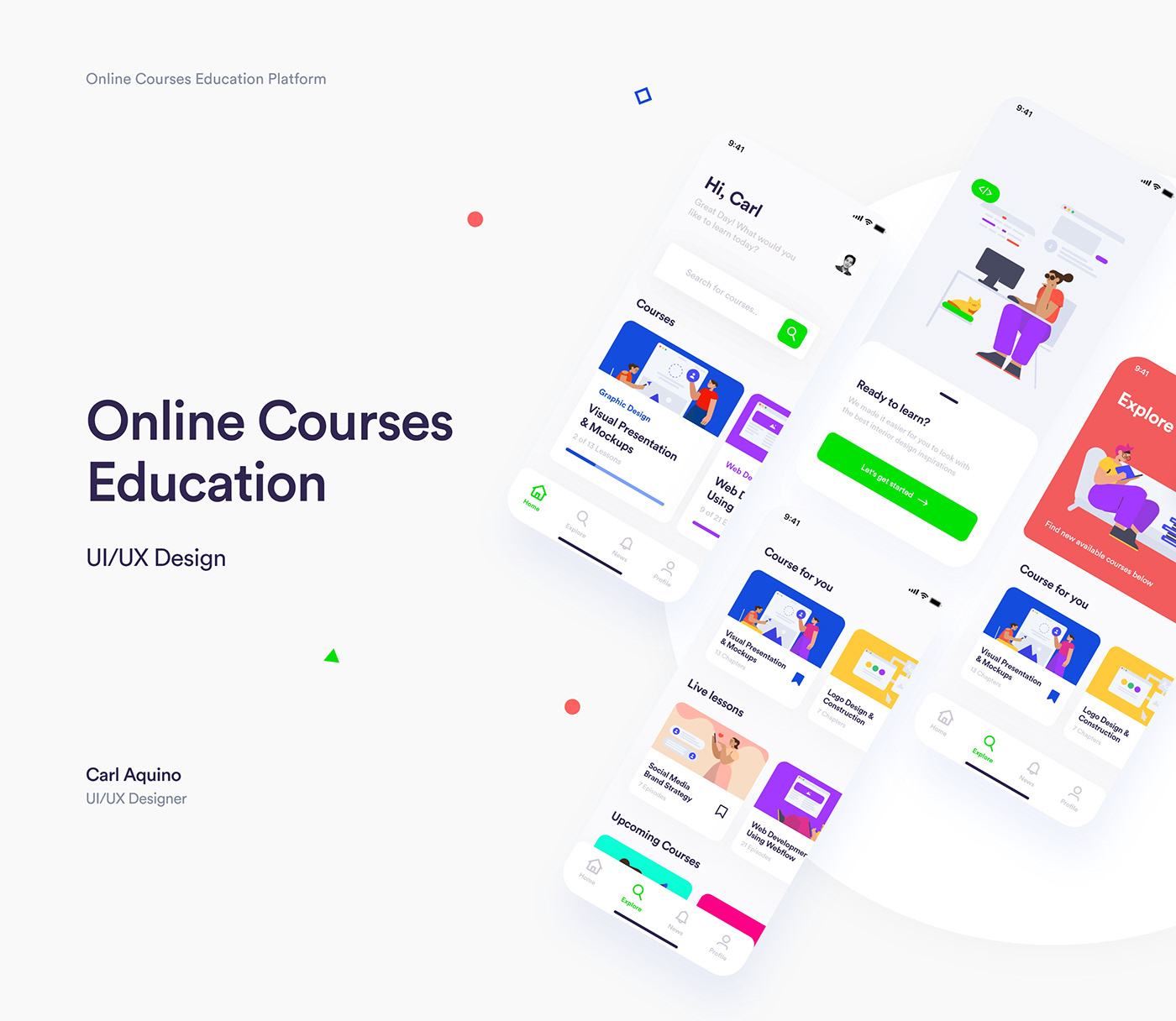In the contemporary rapid environment, the quest of knowledge and skill enhancement has almost been more attainable. Amid the growth of tech, virtual learning spaces have emerged as a revolutionary resource for people who want to attain their goals. Online courses provide a flexible and accessible way to acquire knowledge, freeing you from the limitations of traditional learning settings. If you are seeking to advance your career, shift into a different field, or just broaden your knowledge, these digital systems offer a wealth of materials at your fingertips.
The attraction of E-learning lies not only in their ease of use but also in the varied range of subjects they cover. From data science to creative writing, there is something for everyone. By engaging with knowledgeable teachers and connecting with a worldwide community of students, you can set yourself on a path to achievement that aligns with your unique aspirations. In this article, we will discuss how these virtual learning environments serve as a pathway to achieving your objectives and how you can take advantage of them to attain new levels in your private and professional journey.
Benefits of Online Learning
E-learning offers incomparable flexibility, permitting students to customize their educational experiences to fit their individual schedules. Unlike traditional classroom settings, learners can find materials anytime and anywhere, making it easier to manage personal commitments with their studies. This flexibility enables individuals to pursue their goals without sacrificing other important aspects of their lives.
A further significant advantage of online courses is the extensive array of topics and skills available to learners. With just a few clicks, students can discover specialized fields and gain knowledge that may not be provided in their local educational institutions. This diversity gives individuals to chase their passions and gain expertise that corresponds with their career aspirations, eventually enhancing their prospects for professional growth.
Additionally, online learning fosters a distinct environment for flexible progress. Students can advance through course materials at their own speed, allowing for deeper understanding of concepts. This customized approach reduces the stress often felt in traditional classrooms and encourages learners to assume responsibility of their educational journey, leading to higher motivation and higher achievement of their goals.
Suggestions for Success in Virtual Classrooms
To thrive in online classrooms, it is important to set up a focused study space that is free from distractions. This space should be comfortable and furnished with the necessary tools, such as a trustworthy computer, strong internet connection, and study materials. A specific area helps inform to your brain that it’s time to pay attention and engage with the course content, which can significantly enhance your productivity and learning outcomes.
Remaining organized is a further key factor. Create a organized schedule that features routine study times, deadlines for projects, and breaks to keep your mind rejuvenated. Utilize digital tools like calendars and task managers to track your progress and administer your time effectively. Staying organized will help you stay on top of course demands and guarantee that you meet your learning objectives without feeling overwhelmed.
Ultimately, intentionally participate in discussions and connect with your fellow students and instructors. Virtual classrooms often offer forums and group activities that improve the learning experience. Inquiring questions, offering insights, and collaborating with classmates can enhance your understanding of the material and provide valuable connections. This interaction not only augments your knowledge but also cultivates a sense of community, making your learning journey more enjoyable and effective.
A Outlook of Virtual Education
This prospect of virtual education is ready for remarkable transformation as tech continues to progress. With the growing integration of artificial intelligence and machine learning, customized learning experiences are becoming more widespread. Digital courses can adjust to personal learning styles and paces, ensuring that students receive tailored content that meets their particular needs. This adaptability will enhance goal achievement, allowing learners to progress at a rate that suits them most effectively.
Moreover, the rise of virtual reality and AR technologies provides stimulating possibilities for immersive learning environments. These advancements can simulate real-life scenarios, providing hands-on experience in a digital space. As a result, digital courses can facilitate experiential learning, making it easier for students to understand complex concepts and utilize them in practical situations, thereby enhancing their complete educational journey.

Teamwork is yet another key element of the future of digital education. As increasing numbers of people connect through worldwide online platforms, the opportunity to collaborate with classmates and knowledgeable instructors from different backgrounds will enrich the learning experience. This cooperative approach enables knowledge sharing, encouragement, and group problem solving, ultimately aiding individuals in achieving their goals through joint insights and team projects.
